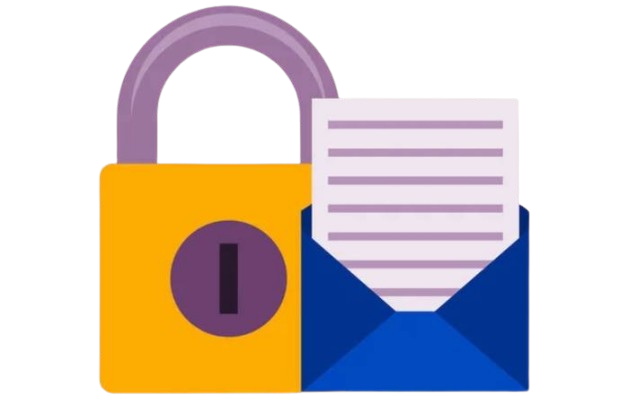What Is An SPF Record? How It Helps Secure
Your Email
Your Email
In today's digital landscape, email serves as a fundamental element of business communication, marketing, and personal exchanges. However, its convenience also brings heightened risks of cyber threats like spoofing, phishing, and spam. These issues can compromise sensitive data, harm reputations, and lead to significant financial losses. To mitigate these risks, implementing an SPF record (Sender Policy Framework) is essential. This effective tool safeguards your domain from unauthorized access and ensures proper email authentication. In this article, we will explore the function of SPF records and their vital role in securing email communications.
What is an SPF Record?
A Sender Policy Framework (SPF) record is a DNS record designed to combat email fraud and unauthorized use of your domain for sending emails. It consists of a list of IP addresses or mail servers permitted to send emails on your behalf. When an email from your domain is received, the recipient's server checks the SPF record to verify the sender's authenticity. If the sending server is listed as authorized, the email is deemed legitimate; otherwise, it may be flagged as suspicious. In essence, an SPF record serves as a security measure that helps protect against spoofing, phishing, and spam by ensuring only verified servers can send messages for your domain.

How Does an SPF Record Work?
SPF works by verifying the authenticity of the sender's IP address. Here’s how the process typically unfolds:
- Email is Sent: When you send an email, the mail server incorporates your domain's details in the header.
- SPF Lookup: The recipient's email server conducts an SPF check by querying your domain's DNS records.
- IP Address Verification: The recipient's server verifies the SPF record to determine if the sending server's IP address is authorized for your domain.
- Action Taken:
- When the IP is authorized and the email successfully passes the SPF check, it will be delivered to the recipient's inbox.
- Unauthorized IPs may result in the email being classified as spam, rejected, or flagged based on the recipient's email policies.
- This verification process safeguards your email communication by allowing only authorized senders to use your domain, thereby preventing misuse by malicious entities.
Why Is an SPF Record Important?
1. Protects Against Email Spoofing
Email spoofing is a method employed by cybercriminals to manipulate the From address of an email, making it appear as though it originates from a trustworthy source. This tactic is frequently used in phishing schemes aimed at deceiving recipients into disclosing sensitive information like login details or payment information. Implementing an SPF record enhances security by ensuring that only authorized mail servers can send emails on your behalf, thereby mitigating the risk of spoofing and phishing attacks.
2. Increases Email Deliverability
Email service providers (ESPs) such as Gmail, Yahoo, and Outlook utilize SPF to authenticate emails. A properly configured SPF record significantly lowers the risk of your emails being marked as spam. Emails that do not pass SPF checks are often deemed suspicious and may be rejected. Thus, maintaining an accurate SPF record enhances your email deliverability, ensuring legitimate messages reach the inbox rather than being blocked or sent to spam.

3. Enhances Brand Reputation
The reputation of your domain is essential for sustaining trust among customers, clients, and partners. If your domain is associated with fraudulent emails, it can harm your standing and result in lost business. Implementing SPF for email authentication showcases your dedication to security and safeguards your brand's image. A properly set up SPF record assures recipients of the legitimacy of your emails, enhancing trust and credibility.
4. Reduces the Risk of Blacklisting
If your domain is exploited by spammers or scammers to send unwanted or harmful emails, it risks being blacklisted by email providers and security services. This could severely disrupt your email communications, resulting in messages being blocked or marked as spam. Establishing an SPF record can help safeguard your domain from such fraudulent use, minimizing the risk of blacklisting and facilitating more effective email communication. Peruse this webpage for additional insights.